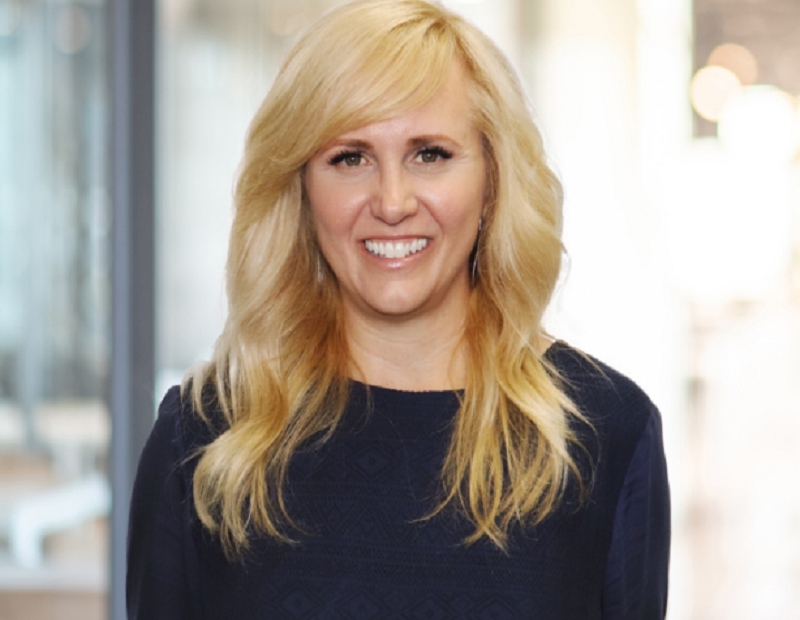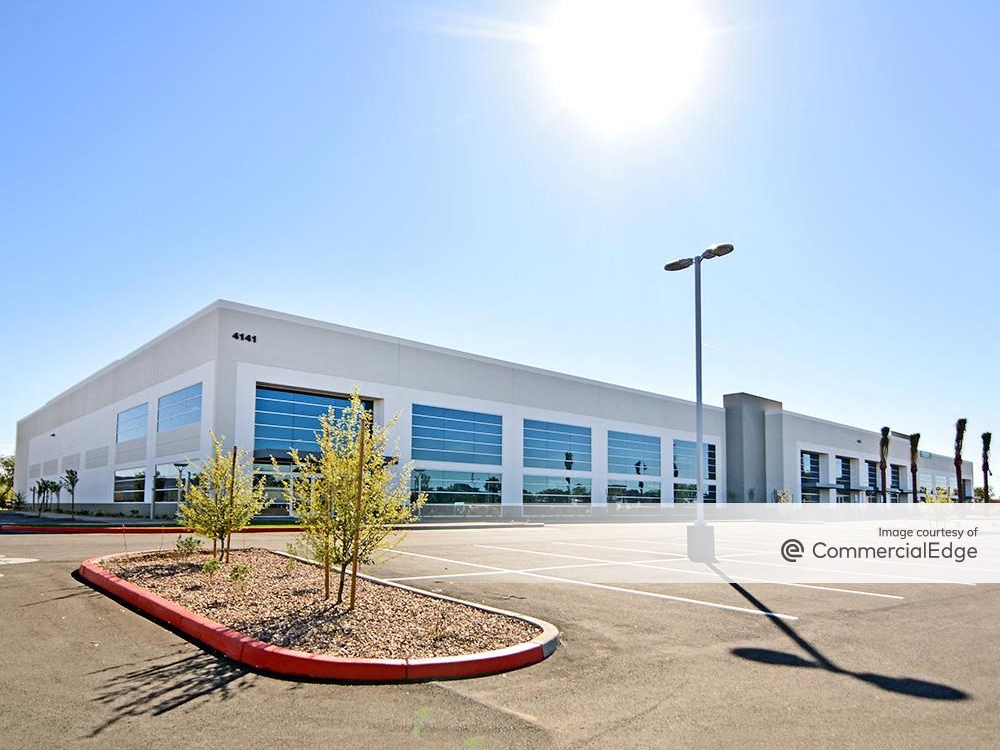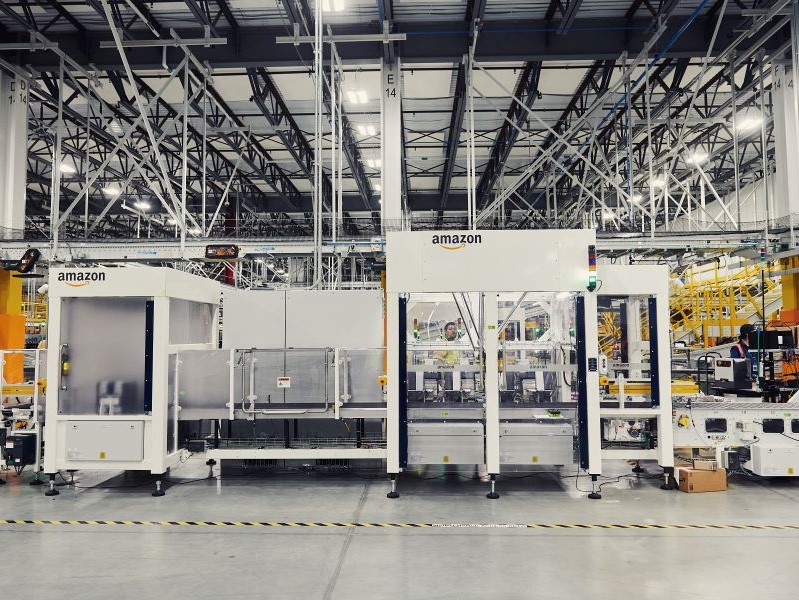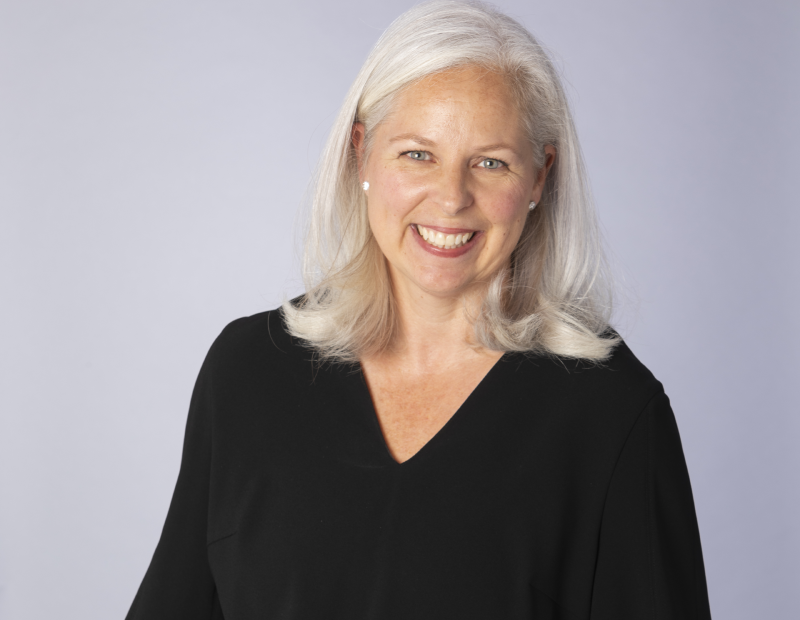Communication Can Weigh as Much as a Paycheck in a Slowdown
MC Cos. President & Partner Lesley Brice shares how her company managed to stay true to its culture of "sharing the good life" during the pandemic.
When the pandemic broke, MC Cos.’ goal was to continue to offer a regular paycheck to all 200 people that the company employs full time, no matter what other expenses it would have to cut. As weeks went by and financial support was found, president Lesley Brice learned another important lesson as she and her colleagues worked to make everyone feel part of a team, bringing comfort and providing clear and regular updates on important decisions: During challenging times, effective communication can be as important as a stable paycheck for an employee.
Brice talked to Commercial Property Executive about the strategies she found to be successful in reaching out to its people and vendors. One of her favorites was “sharing stories of gratitude and hope while keeping one foot firmly planted in the reality of the situation.”
READ ALSO: Bracing for More Job Losses, Looking Toward Better Days
How has the COVID-19 pandemic been impacting your business?
Brice: The pandemic has impacted our business in a number of ways, including how we interact with our customers. In the past, our industry has followed systematic and well-established processes with our prospective customers, residents, vendors and employees. We had to pivot from these norms and find new ways to interact with our internal and external customers using virtual technology, AI software, extensive email/text messaging and creating a hub of information on our website home page.
Early on in the crisis, it was anticipated that the economic impact of the pandemic would affect our ability to collect rents and thus impact our ability to pay our various expenses such as payroll. We immediately took measures to see where the business would move past stress into crisis mode and prepared for the worst.
In this mindset, we took rent collection on with a sense of compassion and partnership with our customers. We made it well known to our residents in emails and personal phone calls that we will work with each renter to meet their needs and keep them in their homes. We knew that keeping our people employed depended on our ability to keep our residents happy and cared for.
How have you been communicating with your employees during the pandemic? Can you recommend some effective approaches?
Brice: MC Cos. was positioned very well in the area of strong systems for communication throughout the organization. Over a year ago, the principals of the company partnered with a company consultant and implemented a system called EOS, “Entrepreneurial Operating System,” throughout the organization. This system structures communication and decision making on every level of the company. These structured meetings allowed us to communicate decisions to every department seamlessly. In addition, we held leadership meetings three times per week to ensure no department had unaddressed issues that may impact the business, our customers or employees.
We also have all employees on a call every Friday to do a “check-in.” These calls are intended to bring comfort and clarity to the teams both local and remote. On these calls, we share stories of gratitude and hope while keeping one foot firmly planted in the reality of the situation we all share. We found that not only do these calls keep us bonded and on the same page with new issues and solutions, but also kept our employees calm and reassured that together we are a powerful support network.
Are there any mistakes you (almost) made or things you wish you had done differently?
Brice: We continue to evaluate each piece of the business weekly in our structured meetings and have yet to discover a true misstep or regret. We have had tremendous feedback from our employees and customers so to date we believe we are on the right track with both. Maybe we don’t look at mistakes the same as some.
You entered the pandemic committed to keeping all your employees. How did you manage to achieve this?
Brice: We felt it was important to ensure our teams that what we do is an essential service and that we as a company will not successfully gain our footing out of this crisis without the people that make our business work. It was a “belief” more than “certainty” that if we came together as a true team we would be successful in our mission to keep our people employed and working even when the “shutter in place” orders required that we figured out how to keep our associates safe, productive and working remotely. Again, our company was prepared for this unusual circumstance with software that made working remotely seamless.
What financial measures has your company taken in order to help employees get their regular paycheck? Were there any sacrifices you had to make?
Brice: The goal of keeping all of our employees working included looking at all expenses that could be delayed without negatively impacting our buildings and our customers. Marketing expenses are a great example of an area we could conserve and repurpose for much-needed PPE for our employees and residents.
Our culture of giving and compassion is important and through our non-profit, “MC Companies Sharing the Good Life Foundation”, we were able to help our people even more. The rules around where we can give were modified, which allowed us to give grants to our own employees on a case-by-case basis. During this time we have been able to give out more than $60,000 in grant money to help anyone in our company that was/is impacted by the pandemic. The employees of MC Cos. are the singular reason we feel hopeful for what’s next.
Drawing a wider circle, are there any lessons that small businesses such as yours are taking from the current circumstances?
Brice: We have learned so much about what is possible for our industry. Despite the fact that customer behavior has changed, we were able to adapt to it quickly and see success in our efforts to lease apartments and work with our residents to pay rent and stay in their homes.









You must be logged in to post a comment.